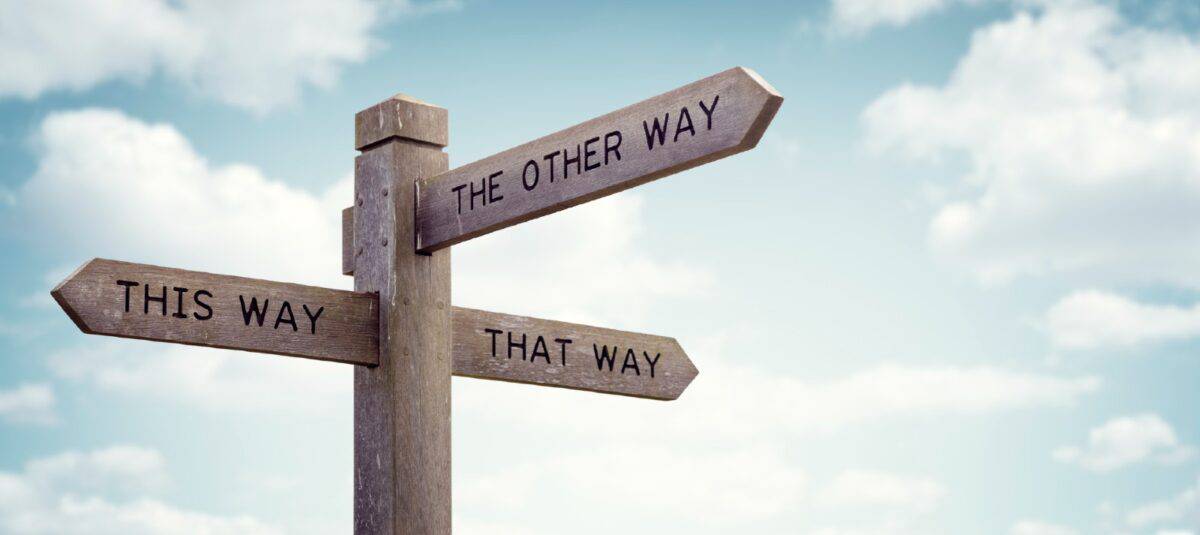Oasis tickets for £150? Blimey. Nostalgia is getting expensive. Thankfully, I was not one of the hordes of people who spent a Saturday patiently waiting by the laptop in hope of a ticket or four. But upon seeing the prices, I did wonder how that money could be put to building a second income sometime in the future.
That’s not to say there’s anything wrong with a bit of a splurge on remembering back when music was good. But anyone who could afford those tickets might want to think about what else they could do with setting aside that kind of money. So let’s run through a quick scenario on how an Oasis ticket a month might create a £10k second yearly income several years down the line.
What to buy?
How much was a ticket? Strangely, that is not an easy question to answer thanks to the bizarre nature of “surge pricing” but I’ll go with the £150 figure. So, let’s assume we can put aside £150 a month into a second income. Does that sound possible? I bet a lot of those singing along in the stadiums next summer would say it isn’t. Let’s see if I can prove them wrong.
Should you invest £1,000 in Assura Plc right now?
When investing expert Mark Rogers has a stock tip, it can pay to listen. After all, the flagship Motley Fool Share Advisor newsletter he has run for nearly a decade has provided thousands of paying members with top stock recommendations from the UK and US markets. And right now, Mark thinks there are 6 standout stocks that investors should consider buying. Want to see if Assura Plc made the list?
My first step will be finding an investment that can take that money and multiply it into more money. For this purpose, I don’t think there are better places than the stock market but some might say this is not a simple endeavour. One strategy is to look at companies you buy from yourself – or to ‘buy what you know’, as they say.
Perhaps I’ll be sipping a Guinness waiting for the encore and think, ‘My. This is tasty’. Well, the company that sells the beer, Diageo (LSE: DGE), is listed on the London Stock Exchange and buying a few shares in the beverage firm takes seconds (and is likely a fair sight less irritating than dealing with Ticketmaster.)
Building wealth
Diageo has global reach with 76% of revenues from outside Europe. Its brand strategy centres on high-quality alcoholic drinks like Smirnoff, Captain Morgan, and Bailey’s. Alcohol is a defensive product too – sales stay good even when the economy is bad – which means less worry about the shares during recessions and the like.
While dangers exist, such as the lower alcohol consumption of younger generations, this could very well be a stock that builds wealth over years and decades to come and is why I own the shares myself.
With a basket of quality firms like Diageo, my small savings will hopefully snowball for decades before I withdraw my second income. On a 30-year investing timeline, with £150 compounding at a 9% return, then I’ll have built up £257,157.
A 4% annual drawdown rate on that gives me £10,286, neatly hitting that £10k target. I imagine if I followed through on this kind of plan, then I would not be looking back in anger. Ahem.








